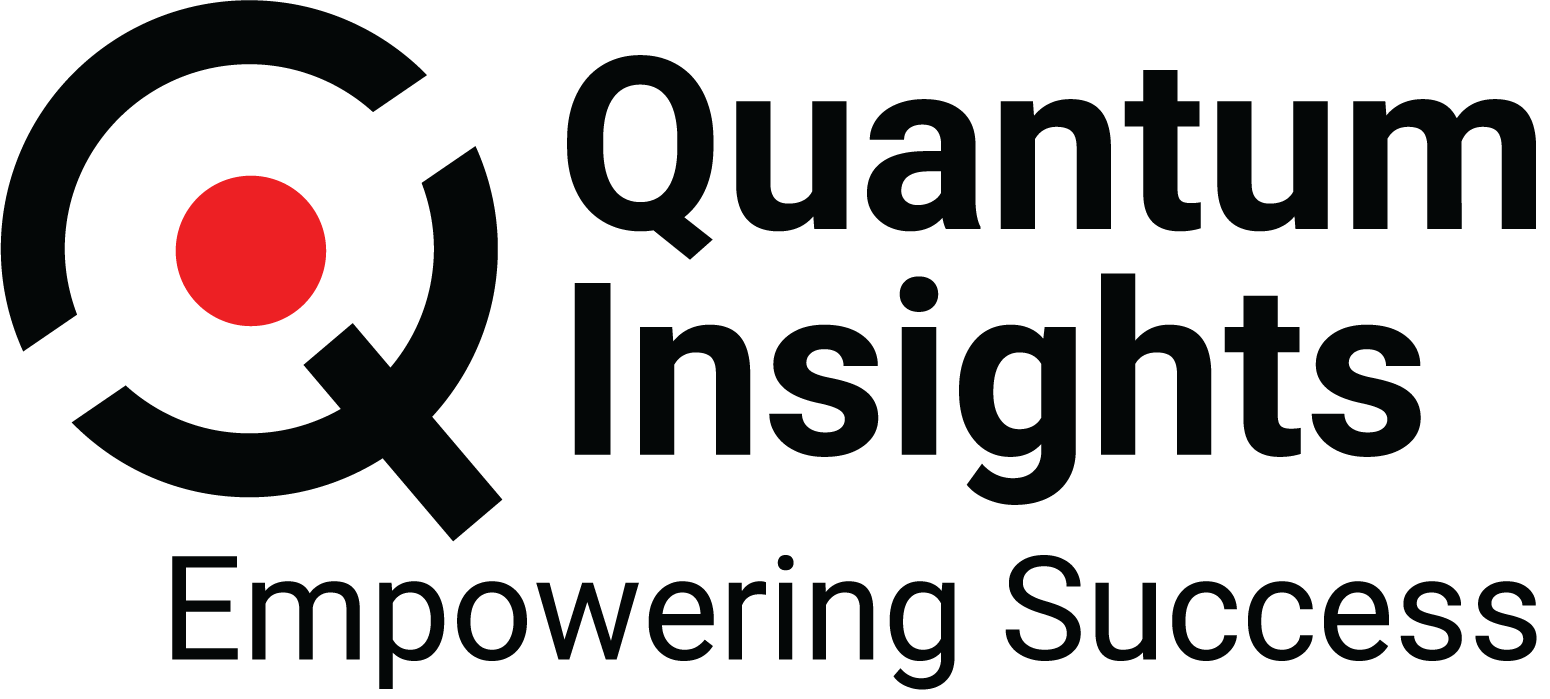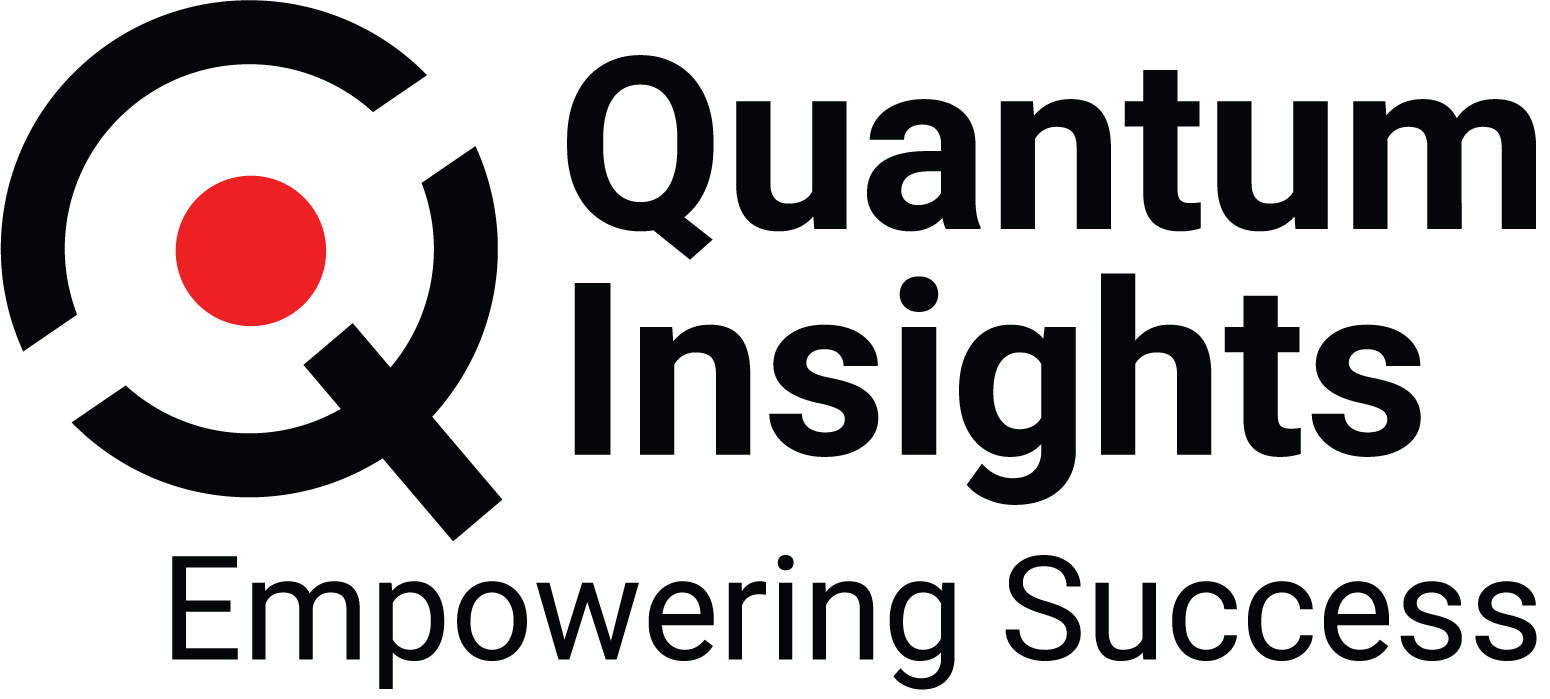Revolutionizing Grant Reviews: How Generative AI is Streamlining the Multi-Billion-Dollar Funding Process
The National Institute of Allergy and Infectious Diseases (NIAID) Scientific Review Program (SRP) is instrumental in advancing scientific research by conducting thorough peer reviews of grant applications. A critical aspect of this process is ensuring the absence of conflicts of interest (COI) among reviewers to maintain the integrity of the evaluations. Historically, Scientific Review Officers (SROs) handled COI identification manually, requiring them to sift through large volumes of data to assess potential reviewers. This process was labor-intensive, error-prone, and often inconsistent. To address these challenges.
AI-Driven Conflict of Interest Detection
Quantum Insights, in collaboration with Palantir Technologies, developed the Electronic Scientific Review Assistant (eSRA), an AI-powered tool designed to automate and streamline the COI identification process. By integrating cutting-edge AI, ML, and Natural Language Processing technologies, the eSRA dramatically improves the speed and accuracy of COI detection. At the core of eSRA’s functionality is its ability to extract key PubMed Medical Subject Headings (MeSH) from grant applications using NLP, which allows the system to identify relevant research papers and authors. Machine learning algorithms, such as k-nearest neighbors and hierarchical clustering, are then used to match reviewers whose expertise aligns with the grant’s requirements. These algorithms work in tandem with Large Language Models (LLMs), which generate embedded representations of applications, ensuring accurate expertise matching by grouping similar terms within a high-dimensional vector space. Additionally, eSRA employs cryptographic hashing to protect Personally Identifiable Information (PII) during the process, ensuring data privacy.
Once relevant reviewers are identified, the system cross-references their publication histories and affiliations to detect potential conflicts of interest, automatically flagging any major personnel or institutional conflicts. Reviewers with common names are also flagged to minimize false positives. The selected reviewers are then augmented with comprehensive profiles that include their publication areas, relevant research, and any flagged COIs, providing SROs with the information needed to make informed decisions. As eSRA continues to learn from feedback and additional data sources, it enhances its accuracy and reduces the need for manual intervention over time.
Enhanced Efficiency and Accuracy in Grant Review
The introduction of eSRA has led to significant improvements in the grant review process. The automation of COI identification has reduced the time SROs spend on this task by 50%, allowing them to focus on more strategic activities. By leveraging advanced technologies, eSRA enhances the accuracy of COI detection, minimizing the likelihood of false positives and negatives and ensuring unbiased reviewer selection. Additionally, eSRA optimizes the coverage and diversity of review panels by efficiently managing and comparing potential reviewers across multiple applications. Integrated seamlessly with Palantir Foundry, eSRA streamlines the entire review process by eliminating the need for manual data searches and enhancing workflow efficiency.
Setting New Standards for Transparency and Fairness
Quantum Insights’ development of eSRA represents a major advancement in the administration of multi-billion-dollar grant reviews. By incorporating AI and Advanced Analytics into the COI identification process, eSRA ensures that funding reviews are both efficient and fair, preserving the integrity of peer reviews. As biomedical research continues to evolve, eSRA offers a scalable solution that adapts to the increasing complexity of the field, ultimately driving forward scientific innovation and discovery. Through its collaboration with Palantir Technologies, Quantum Insights is setting a new standard for transparency and accuracy in the management of grant funding.

